It was in 2015 when a seed for the migrant worker community was planted in one young man’s heart.
Ang Wei Ming was 19 when he went down to HealthServe as a volunteer with Singapore Youth for Christ. It was then he caught a glimpse into the life of a migrant worker.
This included waking up at the crack of dawn, having only a drumstick and curry rice for meals, working under harsh conditions and being sent back home if they are injured, which would also mean going into debt if they had not finished paying their agent fee.
“I didn’t know anything much about the life of migrant workers back then and was shocked by their predicament,” Wei Ming recalled.
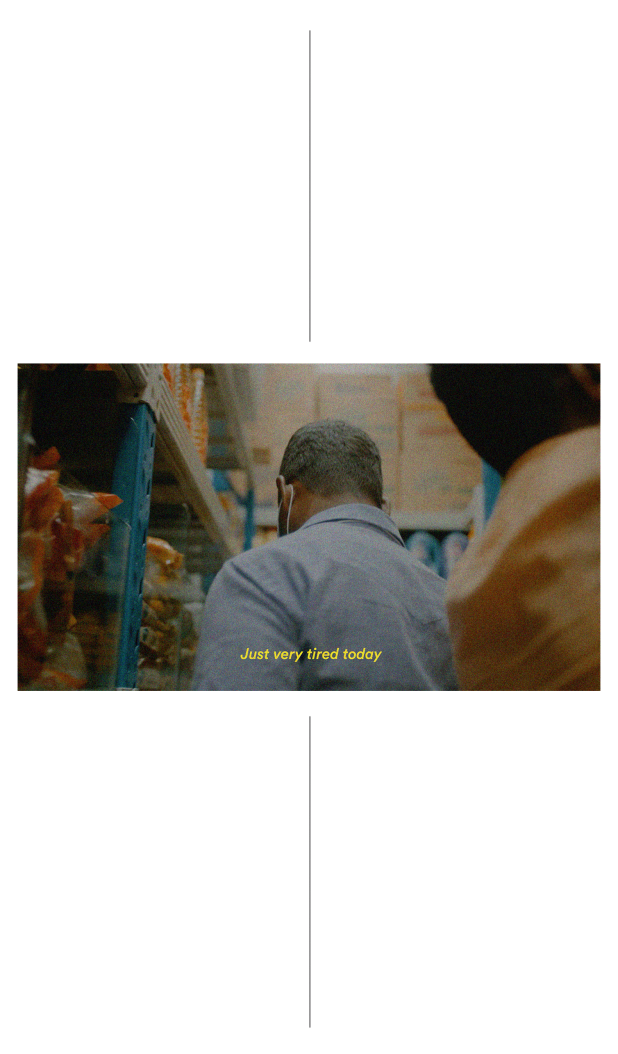
Since then, he had it in his heart to do something for this community.
It seemed like the opportunity arrived a few years later when he entered university.
“I had an assignment where we were tasked to do a short film,” he said. “I initially proposed the idea of making a film about a migrant worker’s life, but my team eventually decided to run with something else.”
“I was a little sad that we couldn’t do it, but also felt that there will be a time for it in future.”
Then came 2021, with COVID-19 as its backdrop.
Earlier this year, Wei Ming was involved in a video project with My Brother SG, where a migrant worker sat down with Minister of Manpower Dr Tan See Leng to share his experiences.
The migrant brother asked the minister the burning question in his heart: When could he go home again?
It was a pin-drop moment.
And it led 26-year-old Wei Ming to think about how much these brothers must be missing their families.
He continued: “Because of COVID-19, some might not have seen their children before. And by the time they get to return, their children would probably even be able to speak.”
He was also very moved by how humble the migrant workers are.
“I have never heard a brother speak ill about Singapore despite the very demanding and unbearable situations they may face at work,” he explained. “When asked about us, they always smile and say ‘thank you’ or ‘very good’.
“I would occasionally ask myself: If I was placed in their situation, would I really feel this way about Singapore?
I honestly can’t give a definitive answer like they would, and that is something I can truly learn from.”
These migrant brothers have such wonderful and grateful hearts that we can all be inspired by, Wei Ming observed.
These personal experiences culminated in Wei Ming’s decision to tell the story about our migrant workers’ plight this Christmas.
The 16-minute film journeys with a migrant worker named Siva who goes about his daily life in Singapore. We see him eating his meals, making calls back home and spending lonely nights in his dormitory.
Made up of mainly handheld one-takes, the film inserts the viewers into the story world as if the audience was an invisible observer.
That was not something Wei Ming, as the director of the film, had initially planned for.
But the sustained scenes force us to go through the mundane, monotonous and sometimes miserable parts of our migrant brothers’ lives, giving us a better sense of what is it like to be in their shoes.
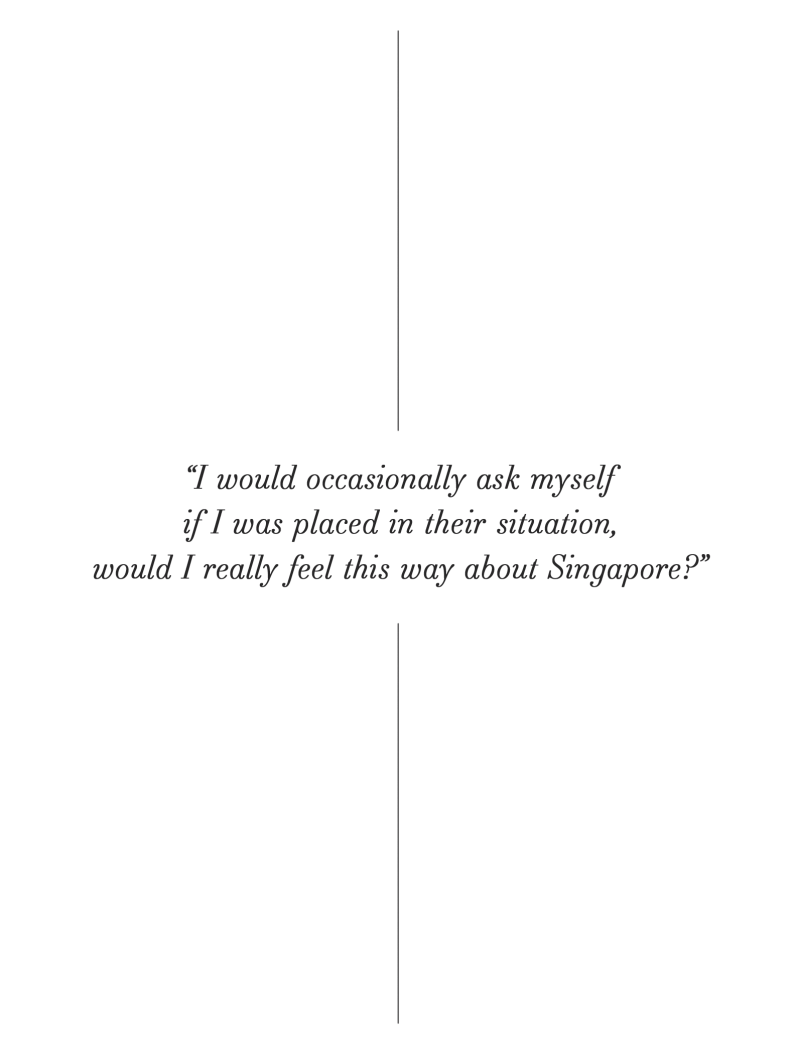
“Nicole (our Director of Photograpy for the film) and I came to set and spontaneously decided that we were going to do this handheld, where most scenes were one-takes.”
“Because of that, most of the planning we had was thrown out of the water and all of the shots were impromptu. Thank God for keeping us sane,” Wei Ming said with a laugh.
The film also depicts Siva’s strained relationship with his wife, exacerbated by his inability to go home due to COVID-19.
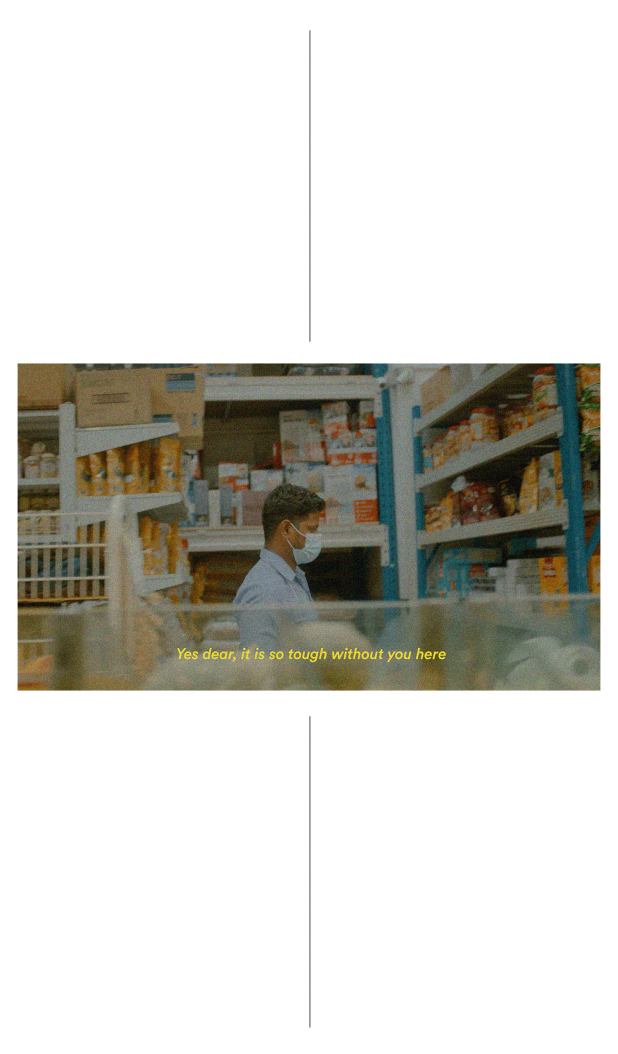
And it is this physical separation of loved ones that has been reflected in the title of the film, The Distance Between.
The title also speaks of the figurative distance between us and our migrant brothers.
How much do we know about our migrant brothers and what they go through?
Surely not everyone will be merry this Christmas.
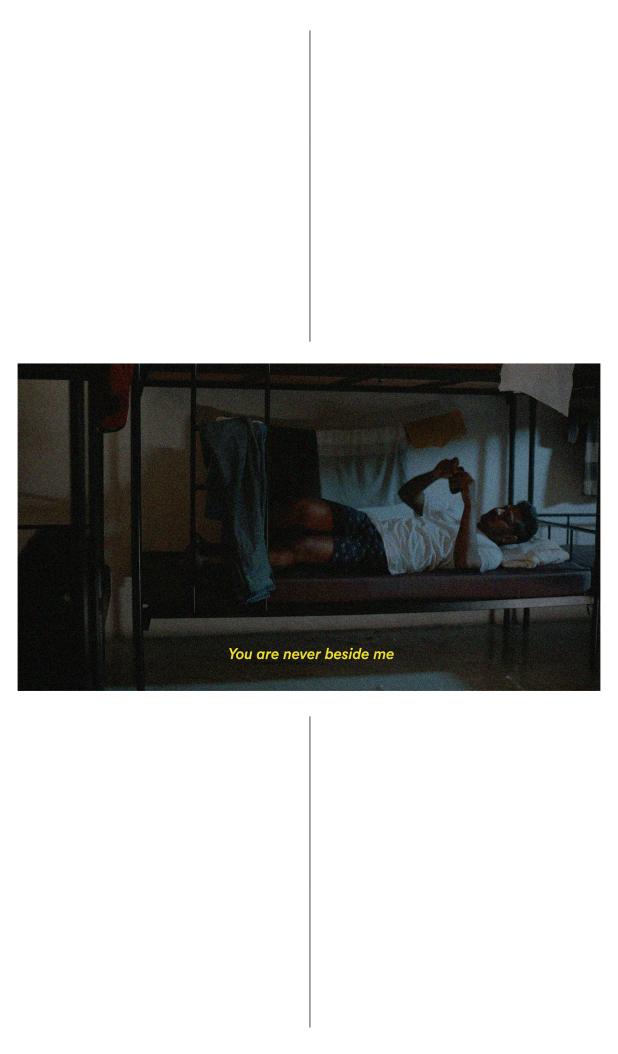
Finally, on a meta-level, The Distance Between represents the distance between man and God.
Delving further into the inspiration for the film story, Wei Ming shared: “I wanted to make reference to the topic of reconciliation as well.
“In the film, we see Siva giving up almost all that he had for a seemingly small reason. He didn’t have to do it, but he was still determined to do so.
“In the same way that Jesus chose to give His life for us, so that we will be able to reconcile with Him.”
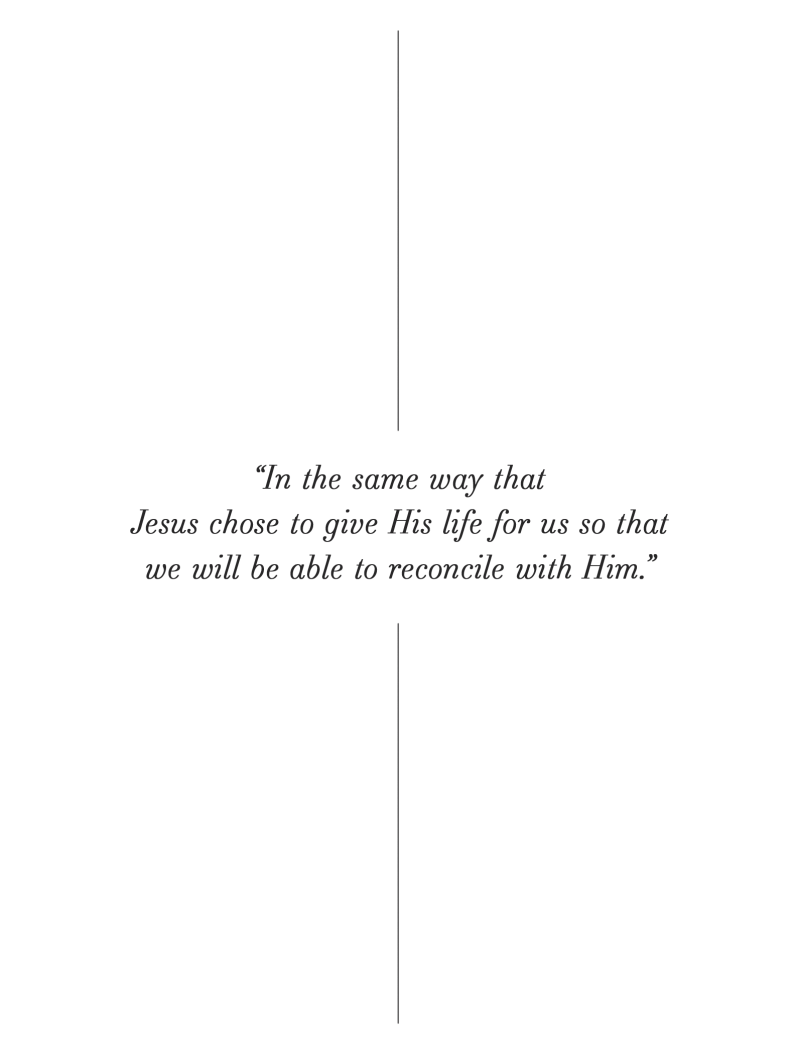
It has been seven years since the seed to do something for migrant workers was first planted in Wei Ming’s heart.
While it wasn’t a topic that people cared much for back then, he noted that there has been a shift in the social narrative.
In fact, he was encouraged by Bangla, a short film by students from Nanyang Technological University that went on to win the National Youth Film Awards in 2018.
It was Wei Ming’s first time seeing a short film featuring a migrant worker as the main character. This gave him the confidence boost that the public was warming up to hear stories from different communities.
However, Wei Ming believes that there’s still much to do for the migrant workers in Singapore.
“Even though over the years the perception of migrant workers have slowly started to improve, and many Singaporeans are stepping up to help and make an impact within the migrant worker community, we can still do better and be better,” he concluded.
“I hope this film will be able to stir up something within the hearts of people, and really encourage them to show more love and concern to the migrant worker community.”
This Christmas, as we remember the love of the Father in giving us the gift of Jesus, let’s also show love to the migrant workers in our midst. For what they’ve given up for those they love.








